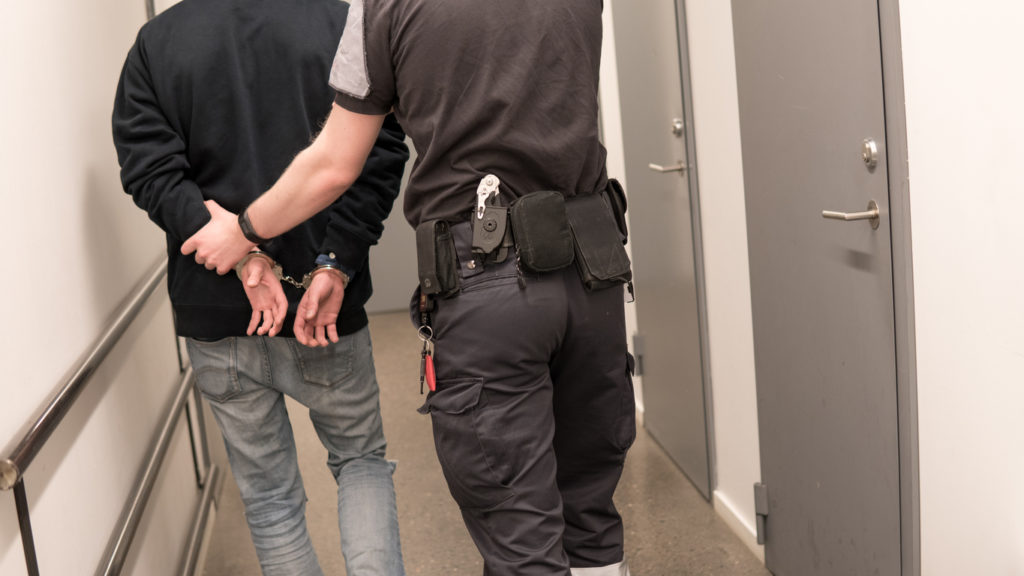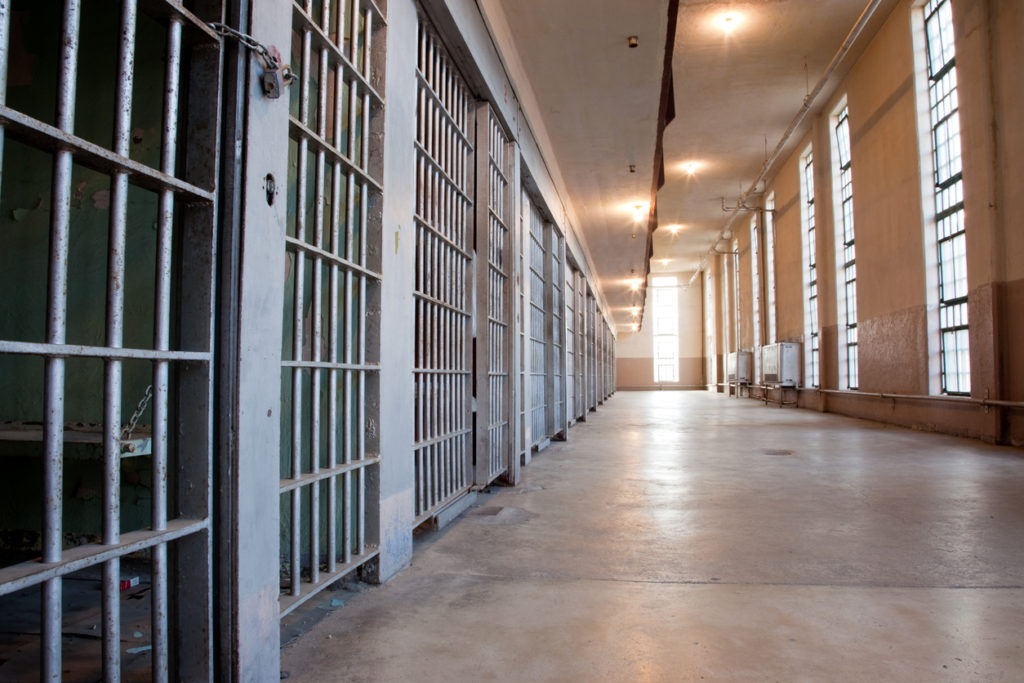
The Texas Commission on Jail Standards (TCJS) provides the following guidelines, including how long a juvenile at a detention facility in Texas can remain in a restraint chair, as follows:
- After a resident has been examined by one of the following types of licensed medical professionals, the maximum of one hour in a restraint chair can be lengthened:
- Paramedic
- Emergency Medical Services personnel, such as EMS or fire rescue
- Emergency Medical Technician (EMT)
- Physician (MD)
- Registered Nurse (RN)
- Licensed Vocational Nurse (LVN)
- Physician’s Assistant (PA)
- The maximum amount of time that a juvenile resident can be restrained in a restraint chair within a 24-hour period is 5 hours.
- More rules dictating the use of a restraint chair in a juvenile detention facility follow:
- A facility administrator or designee must authorize each use of a restraint chair.
- When a restraint chair is occupied, it will be placed within minimal visibility of other residents within the facility.
- Each jail must establish provisions to ensure routine inspection and maintenance of the restraint chair.
- The following are prohibited with regard to restraint chairs:
- Alteration, modification, or customization of a restraint chair in any manner that differentiates it from intended use and its original manufactured state.
- Using a restraint chair to confine a detainee for no other reason other than being at high risk for committing suicide.
See Part 1 and Part 2 of this ongoing series. In the next segment, learn about requirements for medical care that must be administered when an inmate is in restraints.
All posts on this website are provided as helpful resources. There is never an intention in any of the site’s posts to make any sort of suggestion that an entity or person has been involved in impropriety.
–Guest Contributor


